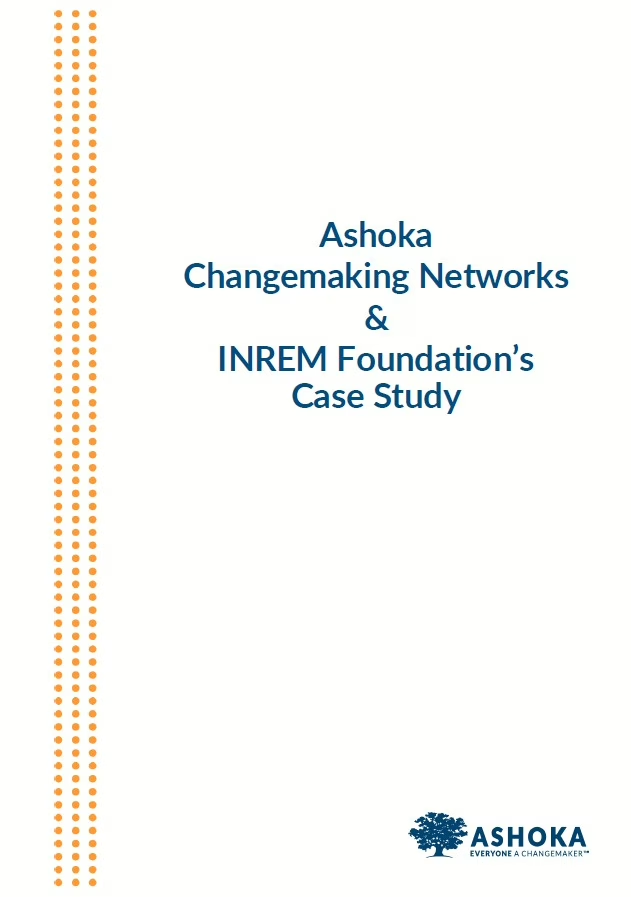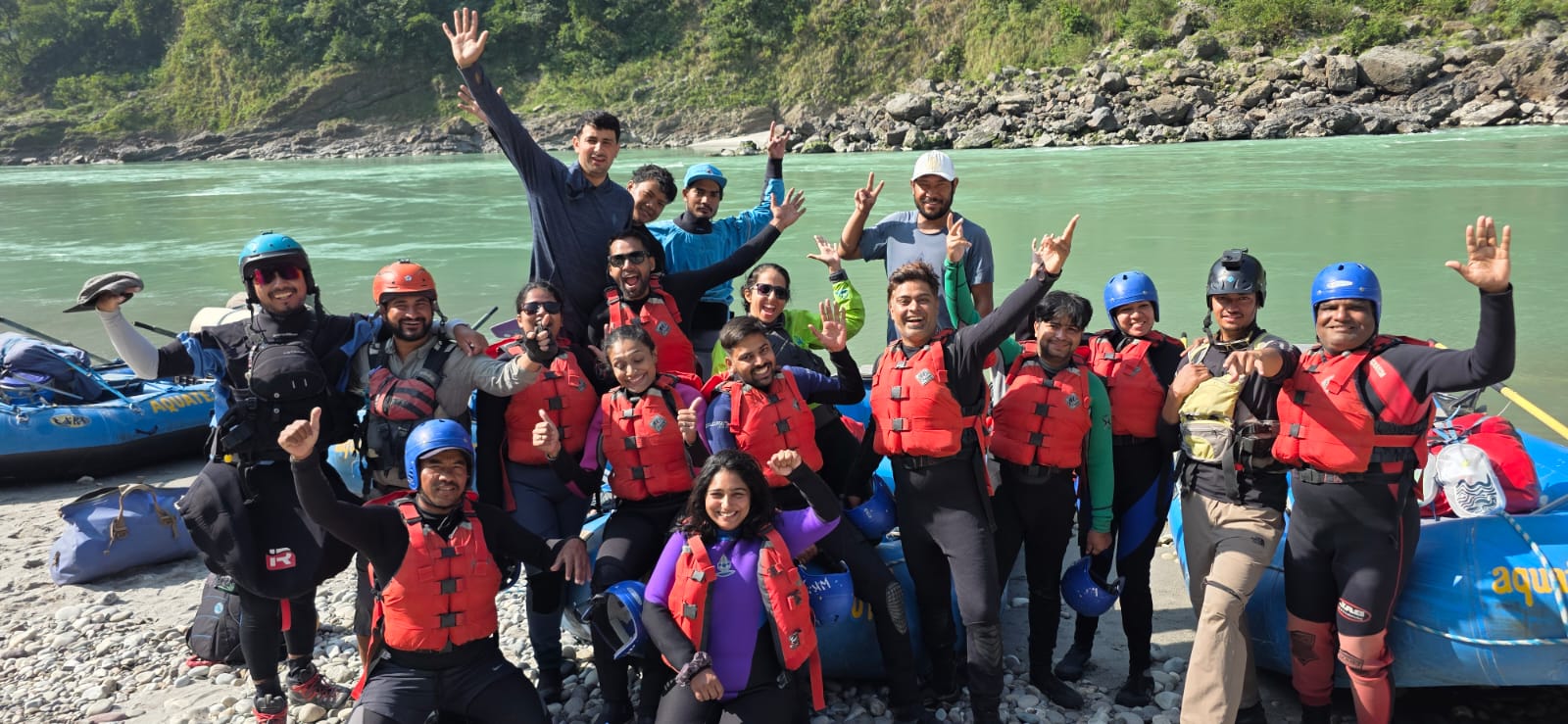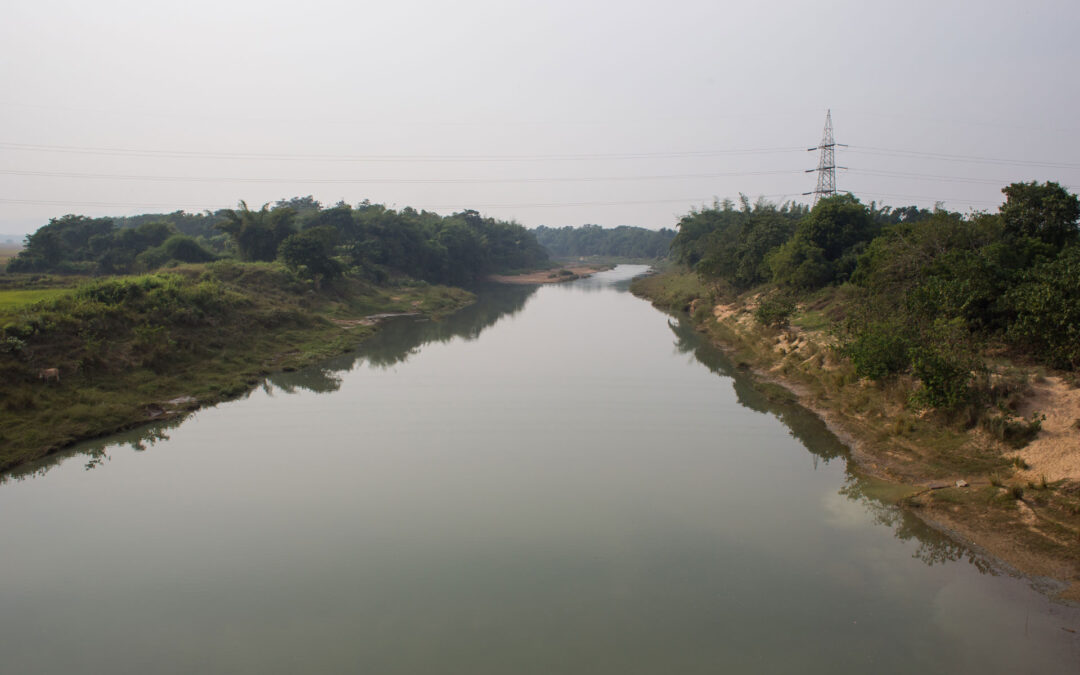Tackling water contamination at scale requires systems that help communities solve problems together, learn fast, and share proven solutions.
INREM’s Changemaking Networks model does exactly that. Rooted in trust, local leadership, and open data, the approach combines simple digital tools with people-centred rituals (circles of doing, nodal coordinators, badges) to create an “operating system” for distributed problem-solving.
The brochure documents INREM’s experimentation and learnings. From a pilot that trained 45,000 Water Ambassadors across Assam to WQM onboarding courses that have graduated thousands. It explains how network design (roles, incentives, measurement) transforms isolated interventions into durable community capability.
Key highlights & facts
- INREM’s network model pairs low-tech data (community registries, scorecards) with people-led processes (nodal coordinators, circles of doing).
- Pilot in Assam: 45,000 teenagers trained across 8,000 villages, producing 4,100+ data points and 37,000+ community actions.
- WQC onboarding: thousands applied; over 2,300 graduates, with 85% retention of core skills two years on.
- INREM reaches millions through its network approach and aims to enable 1 million Water Quality Champions by 2030.
Recommended actions
- Adopt community registries for local problem tracking: start simple, scale as capacity grows.
- Invest in local nodal coordinators and mentorship: people trusted in the community are the network’s engine.
- Use scorecards & open data to motivate participation and inform policymakers.
“When communities lead, simple data and shared practices turn local solutions into lasting change.”




